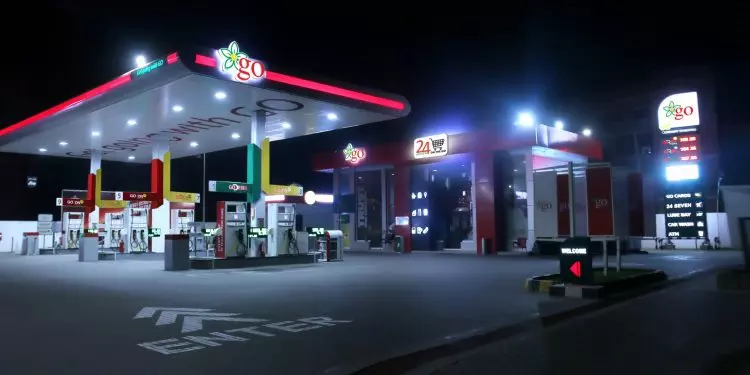ISLAMABAD : M/s Gas and Oil Pakistan has accused major refineries are not maintaining their stocks as per directions of OGRA to avoid inventory losses.
Chief Strategy Officer and action Chief Operating Officer (COO), Ammer Aki Talat is of the view that as Pakistan continues to be a net importer of both crude oil and refined products, domestic refineries rely heavily on imported crude to maintain their operations. While the government has introduced high standards such as EURO-V for imported gasoline and gas oil., there is concern that some refineries are not meeting these standards, potentially affecting the quality of fuel available to consumers with no clear timeline for full compliance with these elevated standards.
According to him, oil refineries in Pakistan locked in their production with the four major OMCs that existed at that time. These four OMCs developed operational alignments with the refineries due to agreements for refinery product upliftment, fully aligning their storage facilities, which were directly connected through pipelines for bulk upliftment.
In 2000 , smaller OMCs emerged due to Government encouragement for private sector participation. However, the refineries refused to lock in agreement volumes with the emerging OMCs due to pre-committed volumes with the four major OMCs and the operational constraints faced by the new entrants.
Inherently, these four major OMCs are bound to uplift most of the production from these refineries due to their agreements and operational alignment with the refineries. If these four major OMCs, which hold 85% market share, fully honor their agreements with the refineries, no surplus products would be carried by these refineries.
Moreover, these major companies are not maintaining 20 days stock cover as per direction from OGRA to avoid inventory losses. Observations suggest that during periods of rising prices, refineries may prioritize their established partners, while in a declining price environment, they might distribute allocations to other OMCs with whom they have limited or no prior relationships.
Additionally, refineries have at times sought to limit the import of refined products to ensure the utilization of local facilities. The recent concerns appear to stem primarily from the current trend of declining prices, as these issues were less prominent during periods of rising prices. Furthermore, logistical challenges limit refineries to supply primarily to companies connected via pipeline, as loading facilities may be insufficient to serve other OMCs. Rather than focusing on the OMCs that import, refineries should ensure that their long-term partners are meeting their obligations for product upliftment and maintaining 20 days stock cover.
Mr. Talat is of the view that OGRA permitted M/s GO to import HSD based on its refinery product allocations and historical import volumes enabling it to import at competitive rates similar to KPC rates for PSO. With the upcoming shutdown of PARCO refinery on October 10, 2024, GO is expected to be significantly impacted, as 95% of its HSD allocation originates from PARCO refinery. This decision by OGRA would ensure uninterrupted supplies for the consumers during the high sales agriculture season starting in the country from September.
” If we recall, in 2020, the government banned the import of petroleum products in Pakistan, which led to long queues at Petrol pumps and severe shortage in the country,” he added.















